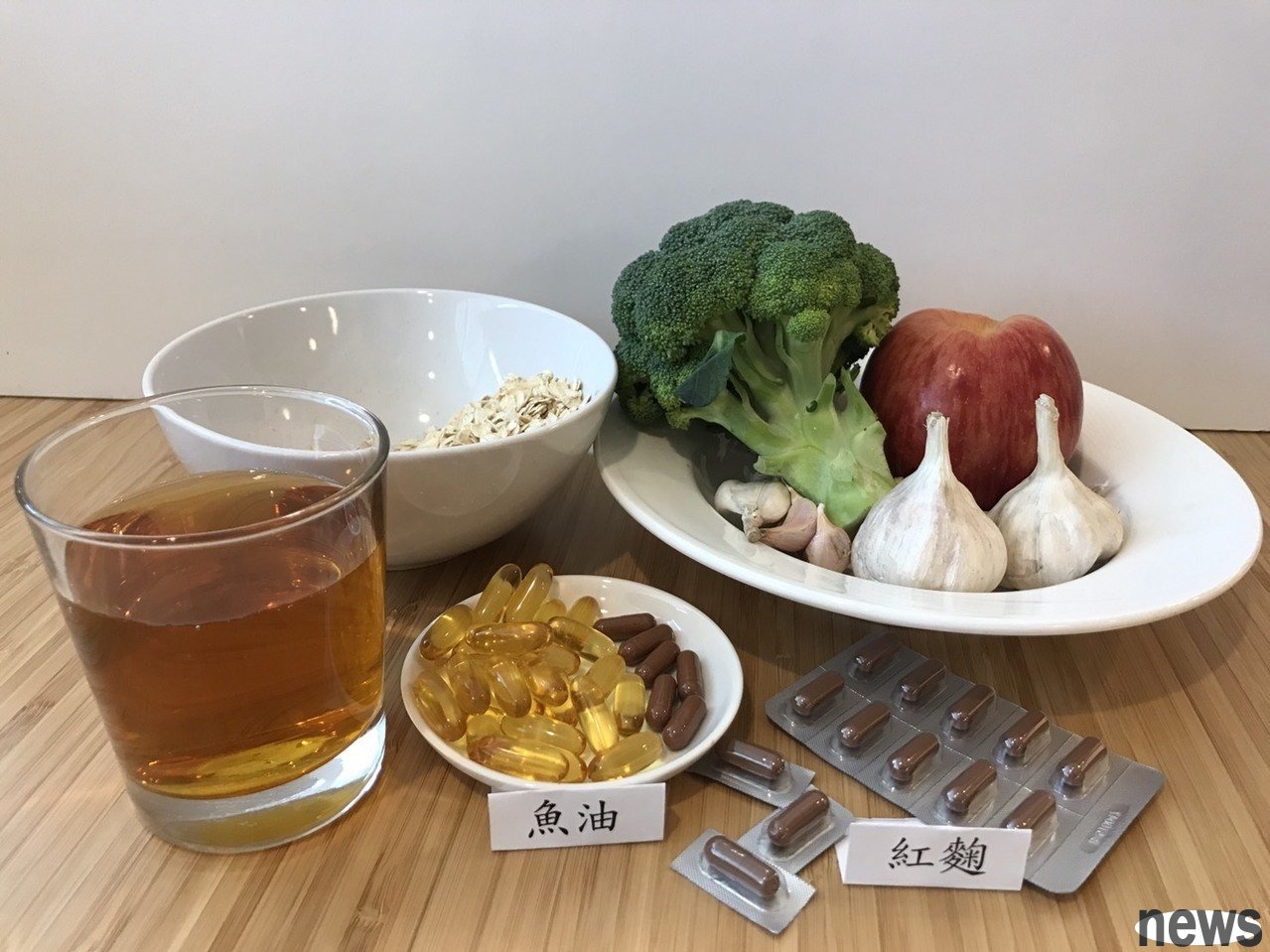
Is Nanophosphorus oil really so magical, can it reduce hyperlipidemia and pyrosterol? Professor Ye Hongyi of the Chinese Association for the Study of Blood Lipid and Hygienic Sclerosis pointed out that this type of healthy food can reduce triglycerides, but it cannot reduce cervical sterol. However, many people listen to advertisements, TV shopping, and spend a lot of money to buy health foods, which delays the treatment. It is recommended that "you should see a doctor if you are sick."
The survey found that the prevalence rate of hyperlipidemia among people over 20 in China is as high as 22.8%, and on average, 1 person has an extra lipid standard for every 5 people. In many college freshmen aged 18 or 19, they also suffer from hyperlipidemia. Ye Hongyi pointed out that the recent increase in patients with hyperlipidemia in the clinic has shown that the number of patients with mild hyperlipidemia in their childhood has increased significantly. Almost all freshmen have found that their blood sterol is high during admission health examinations, becoming the candidate for cardiovascular disease.
Ye Hongyi said that heart disease ranks second among the causes of death in the country, and the development of acute myocardial infarction has a tendency to become mild, which is key in many people who have abnormal blood lipids at an age, which increases the risk of cardiovascular disease.
Because of high blood lipids, pyrosterol and asymptomatic conditions, most patients were surprised to see the red words in the report when they saw the words "red in the report". This is the case for many freshmen. At the request of their parents, they went to the clinic to take medical treatment.
The Chinese Association for the Republic of China's Blood Lipid and Hypersclerosis announced the "Latest Hyperlipid Treatment Questionnaire Survey". The results found that more than 50% of patients had not received treatment after confirmation; even after receiving treatment, 60% had stopped the medicine on their own for more than 7 days.
Ye Hongyi pointed out that the numerical control rates of triglycerides and citric sterols in patients with hyperlipidemia in Taiwan are poor, whether they are young or middle-aged and elderly patients. The reason is that many patients think that blood lipids can be controlled by only sports or taking so-called healthy foods.
Ye Hongyi said that in the past 1 or 2 years, under the promotion of television shopping and online promotion, the anaphylactic phosphorus oil, which is known to open up blood vessels and reduce pyrosterol, has become a popular product. Although the price is expensive and it is still a surprise, the effect after taking it is not as expected.
Ye Hongyi said that fish oil and naphthalate oil can lower triglycerides, but cannot improve cervical sterol; if the cervical sterol is too high, it should be based on the doctor's evaluation to take blood lipid-lowering drugs. If you want to rely on this kind of healthy food to lower blood lipids, it is better to see a doctor or take medicines, which is actually better.
